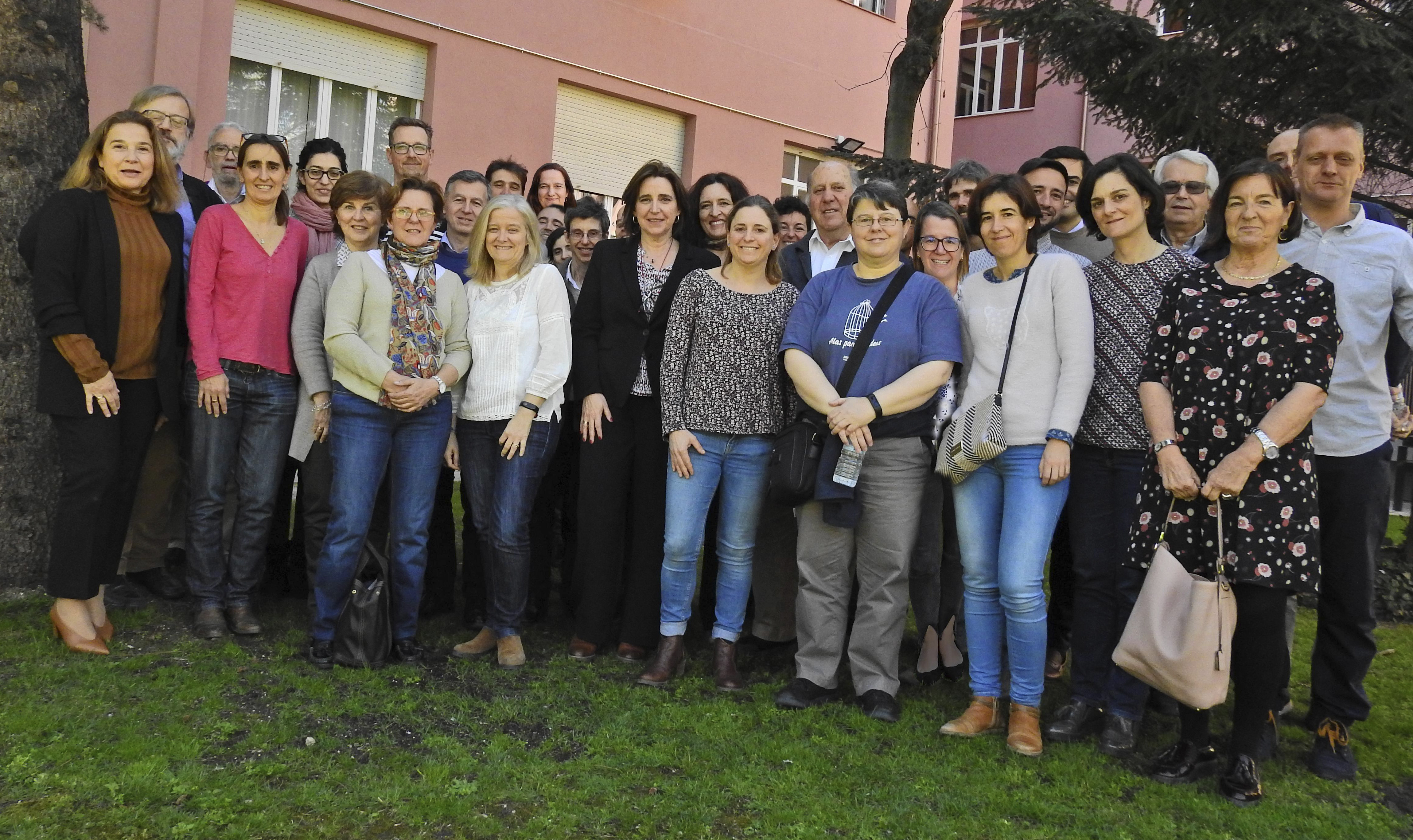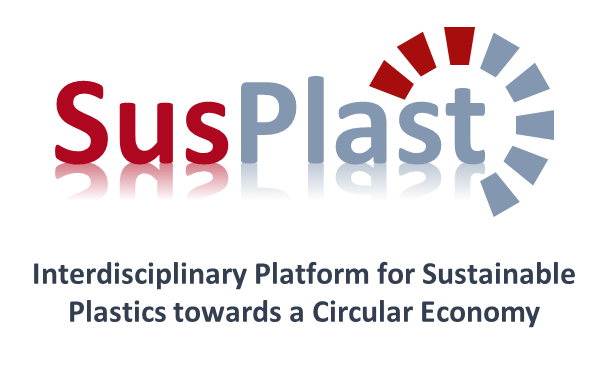
One of the first CSIC interdisciplinary thematic platforms called SusPlast (Interdisciplinary Platform for Sustainable Plastics towards a Circular Economy) was launched in Madrid with a kick-off meeting celebrated at Instituto de Tecnologías Físicas y de la Información Leonardo Torres Quevedo (ITEFI-CSIC) on 2019, March 15.
SusPlast counts with the participation of 15 research groups from 8 different CSIC institutes or centers which are the initiating partners of this novel platform. Platform coordination is carried out by Dr. Auxiliadora Prieto from the Biological Research Center (Centro de Investigaciones Biológicas, CIB), the initiating center from which four additional research groups are involved. Besides the CIB, the other CSIC partners are from Instituto de Ciencia y Tecnología de Polímeros (ICTP-CSIC), Centro Nacional de Biotecnología (CNB-CSIC), Instituto de Agroquímica y Tecnología de los Alimentos (IATA-CSIC), Instituto de Ciencia de Materiales de Sevilla (ICMSE-CSIC), Instituto de Ciencia de Materiales de Barcelona (ICMAB-CSIC), Instituto de Biología Integrativa de Sistemas (I2SysBio) and Instituto Nacional del Carbón (INCAR-CSIC), thus representing Madrid, Valencia, Barcelona, Sevilla and Oviedo on the national map.
SusPlast propagates, as a starting point, the collaboration between CSIC experts and their national and international partners, focusing on bringing together some of the scientific and industrial experts in tackling plastic pollution in Spain and Europe. In this sense, the SusPlast platform already counts with the support of associated partners from the public sector (from industry, SMEs, technical research centers and associations).
Many European citizens are worried about the impact that everyday products made of plastic will have on their health and the environment. The EU is working towards setting out a ‘circular’ plastics economy, in which the industry, governments and citizens work together to ensure that plastics never become waste and the amount of environmental litter (especially into oceans and seas) is reduced. In January 2018 the European Commission published its “European Strategy for Plastics in a Circular Economy” proposing among other targets that all plastic packaging should be soon designed to be fully recyclable or reusable to close the loop of plastic losses.
Therefore, SusPlast aims to develop research and innovation activities aimed at plastic production processes and their recycling, through mechanical, chemical and biotechnological strategies to meet the necessary requirements to implement plastics management based on a circular economy. This timely institutional platform SusPlast will provide an invaluable opportunity to discuss and treat current challenges related to plastic pollution and to assess the suitability of the measures set out by the EU to achieve a ‘circular’ plastics economy.

More information:
SusPlast official website: http://www.susplast-csic.org/
Twitter: https://twitter.com/susplast
Facebook: https://www.facebook.com/susplast.csic

